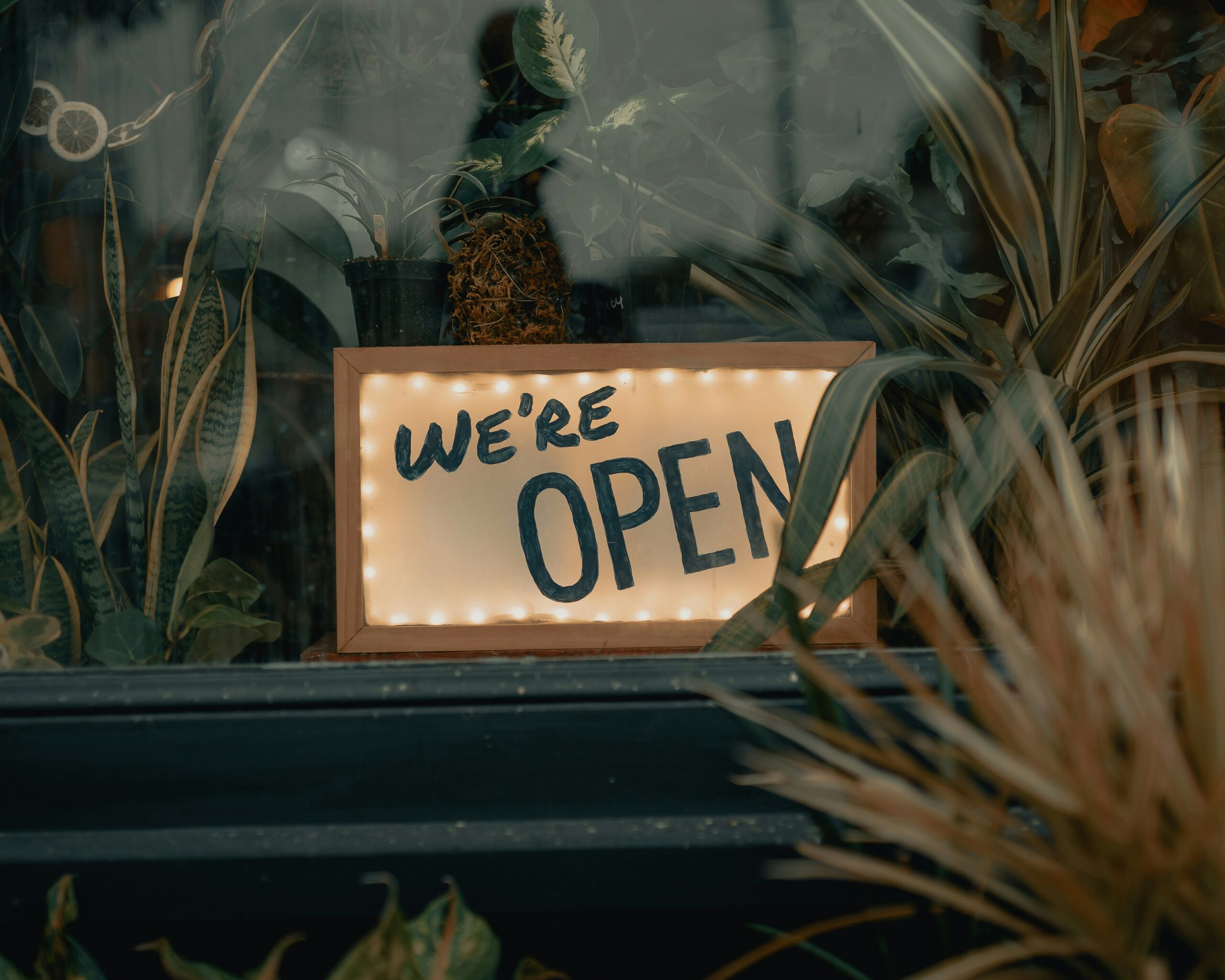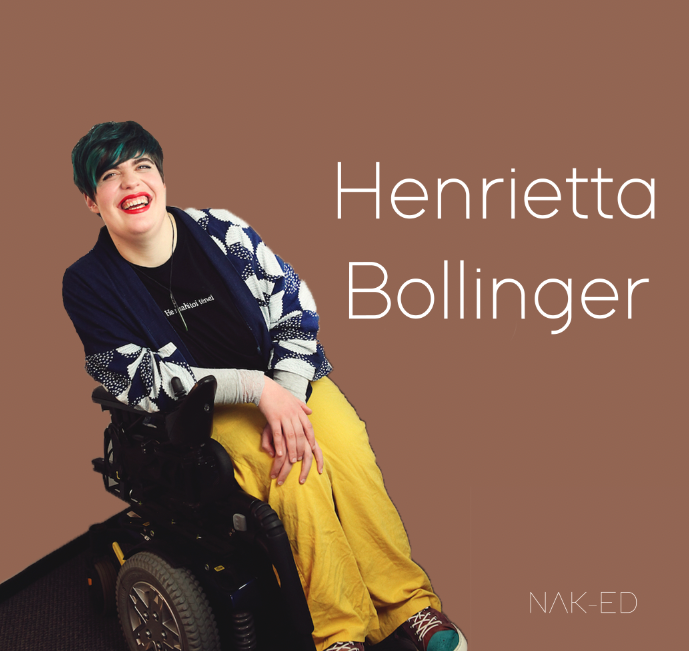
Breaking Monogamy Mold: America’s Surprising Shift to Open Relationships
In a society where traditional norms are constantly evolving, the landscape of relationships is no exception. A recent survey by Open Relationship sheds light on a fascinating trend: 1 in 6 Americans now express a preference for open relationships over traditional monogamy, with Millennials leading at 19%. Contrary to stereotypes, Gen Z emerges as the most accepting of these unconventional relationships.
Unpacking the survey
The survey unveils that 74% of Americans believe peer influences can impact the decision to explore open relationships. Notably, 51% express a lack of resources for understanding this complex terrain, revealing a crucial gap in knowledge. However, for those who have ventured into this uncharted territory, the experiences are overwhelmingly positive.
Despite societal perceptions, a staggering 82% feel that society isn’t accepting of open relationships. However, a significant 32% believe that a change is long overdue. This paradox reflects a growing disconnect between societal norms and the evolving desires of individuals.
Taking a deeper dive into the data, the survey highlights that 37% of Americans have either been in or considered being in an open relationship. Starting typically at the age of 28, the majority (62%) report positive experiences, with Millennials and Gen X leading the exploration of this relationship dynamic.
Could Open relationships be the end of the nuclear family?
The nuclear family, once considered the cornerstone of American society, is now facing a formidable contender in the form of open relationships. As societal attitudes shift and individuals seek greater autonomy in their romantic lives, the traditional narrative of monogamous, nuclear families is being reconsidered.
Open relationships introduce a dynamic where emotional and romantic connections extend beyond conventional boundaries. This evolution challenges the deeply ingrained notion that the nuclear family is the only valid structure for a successful and fulfilling life. The freedom to explore varied connections, both emotional and physical, has the potential to redefine how individuals envision their relationships and families.
While the nuclear family has long been a symbol of stability, proponents of open relationships argue that this traditional structure may not accommodate the diverse needs and desires of individuals. Open relationships provide a canvas for reimagining family dynamics, emphasizing fluidity, communication, and the acknowledgment of a spectrum of emotional connections.
Interestingly, 1 in 7 believes that open relationships enhance emotional intimacy, and 38% say they positively impact mental health while 37% of respondents believe that open relationships contribute positively to a couple’s overall well-being.
The motivations behind considering an open relationship are varied but revolve around a desire for sexual exploration, seeking more variety, and fostering emotional connections with multiple people. However, this liberation does not come without its set of challenges; 42% find it difficult to broach the subject with their partners, with jealousy (82%) and trust issues (78%) ranking as the top challenges.
As society grapples with changing norms and perceptions, this survey offers a compelling snapshot of the evolving landscape of relationships in America.
It calls for a nuanced conversation, understanding, and a reevaluation of societal norms to accommodate the diverse ways individuals are seeking fulfilment in their relationships.
Whether society is ready or not, it seems the era of open relationships is upon us, and it’s sparking a crucial dialogue about acceptance, understanding, and the pursuit of authentic connections.







